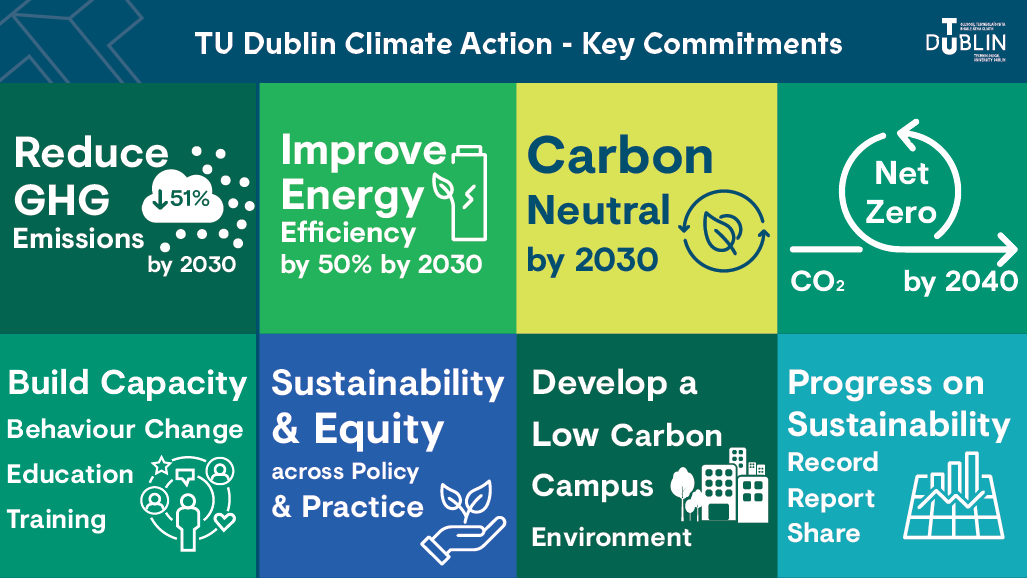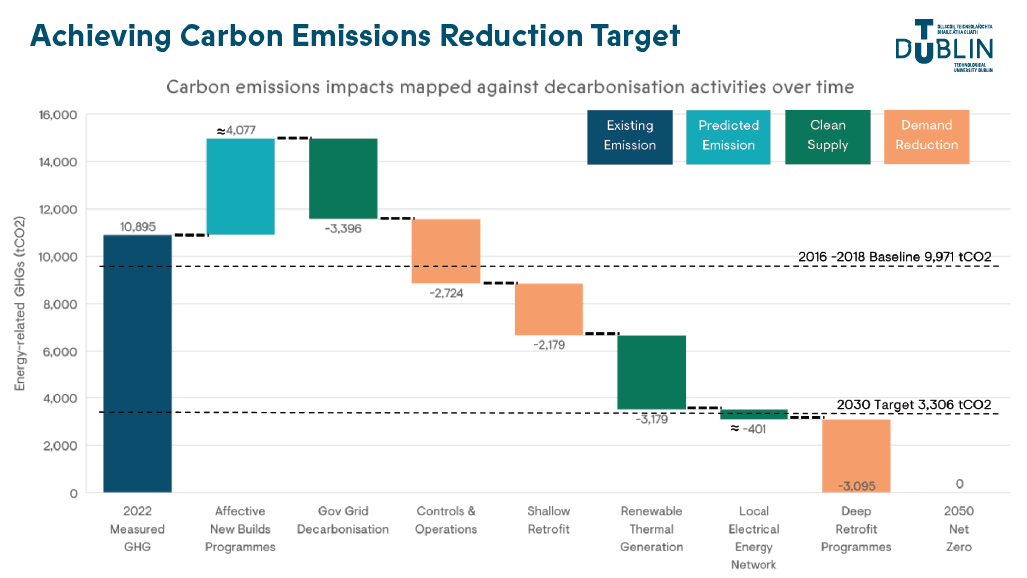CO2 Emissions Day 28 January
Global Emissions in Data
In the last two centuries it is estimated that over 1.5 trillion tonnes of carbon dioxide (CO₂) has been released into the Earth's atmosphere as a direct result of human activity.
Despite global targets to reduce greenhouse gas (GHG) emissions by 45% by 2030 and to reach net zero by 2050, as called for in the Paris Agreement, we are still pumping out more emissions each year. In 2019, globally we emitted 50% more CO₂ than we did in the year 2000, and in 2022 we emitted 37.15 billion metric tonnes (GtCO₂).
The effects of the climate crisis are all around us, with average global temperatures and more extreme weather events breaking several significant records in 2023. To keep global warming to no more than 1.5°C and to limit our rapidly changing climate we need to significantly reduce our collective emissions quickly.
Emissions Day
In recognition of Emissions Day this 28 January, 2024, we recognise the potential for our people to help accelerate closing the gap to our targets with simple adjustments to how we work and study on campus. As part of the national Reduce your Use and Optimising Power a Work initiatives, as well as our own #TUDublinisSwitchingoff campaign, TU Dublin is encouraging our people to make small and sustainable changes to help reduce our collective emissions.
As one of Ireland's largest University's, with a student and staff population of over 30,000 people, everything we do counts towards a reduction in overall emissions. There are many ways to reduce your own carbon footprint at home or on campus - you can shutdown devices after use, plug out appliances when not in use, switch off the lights, keep doors closed, apply sleep mode to your devices, clear unwanted data storage, travel sustainably to campus, lower the thermostat, wrap-up during cold weather, reduce, re-use, repurpose, and recycle - your collective efforts make a real difference and encourage countless more to make the changes we need to achieve net zero.
Where possible choosing sustainable travel to campus is one of the most impactful and transformative ways to reduce your carbon footprint. As a daily habit choosing to walk, cycle, or take public transport has multiple environmental, economic, social and health benefits. We know from the TU Dublin Staff and Student Travel Survey 2022 results that an impressive 89% of students and 56% of staff are already travelling to campus by sustainable and active travel modes. Considering student and staff commutes by distance, the data from this survey indicates that 41% of students and 46% of staff could potentially arrive to campus by bike.

Like all public bodies, TU Dublin must meet the Public Sector Climate Action Mandate as part of the National Climate Action Plan 2023. TU Dublin is committed to reducing GHG emissions by 51% in 2030 and increasing the improvement in energy efficiency by 50% by 2030.
TU Dublin’s baseline GHG emissions is 9,971 tCO₂e which is measured as an average of emissions from 2016-2018. To achieve a 51% reduction against this baseline our target for 2030 is to emit no greater than 3,306 tCO₂e. This goal is no easy task and our target is unchanging regardless of any growth in the student and staff population or the development of new buildings.

To achieve our 2030 target, the current iteration of TU Dublin's Climate Action Roadmap looks to four key factors to contribute to an emissions reduction of 51%:
- The Government of Ireland's decarbonisation of the electricity grid by 77% is projected to deliver a savings to TU Dublin of approximately 3,400 tCO₂e.
- It is anticipated that emissions can be reduced by at least 25% through optimising controls and operational efficiencies which should equate to a savings of approximately 2,724 tCO₂e.
- A shallow retrofit programme to be outlined in TU Dublin's Energy Efficiency Action Plan is expected to achieve an additional 20% reduction of current emissions, equating to a savings of 2,179 tCO₂e.
- The decarbonisation of TU Dublin's thermal heating through the provision of renewable-based district heating systems on our campuses are projected to provide savings of 3,179 tCO₂e.
At TU Dublin, it is not just that we decarbonise that is important - how we do it is important too.
In addition to transforming our campus environment and operations to deliver on carbon emissions reductions, TU Dublin recognises the role we play as a university in providing Quality Education (UN SDG 4), where our learners, educators, researchers, and partners share our ambition to be responsible global citizens who transform themselves to take action to address climate change in their daily lives.
